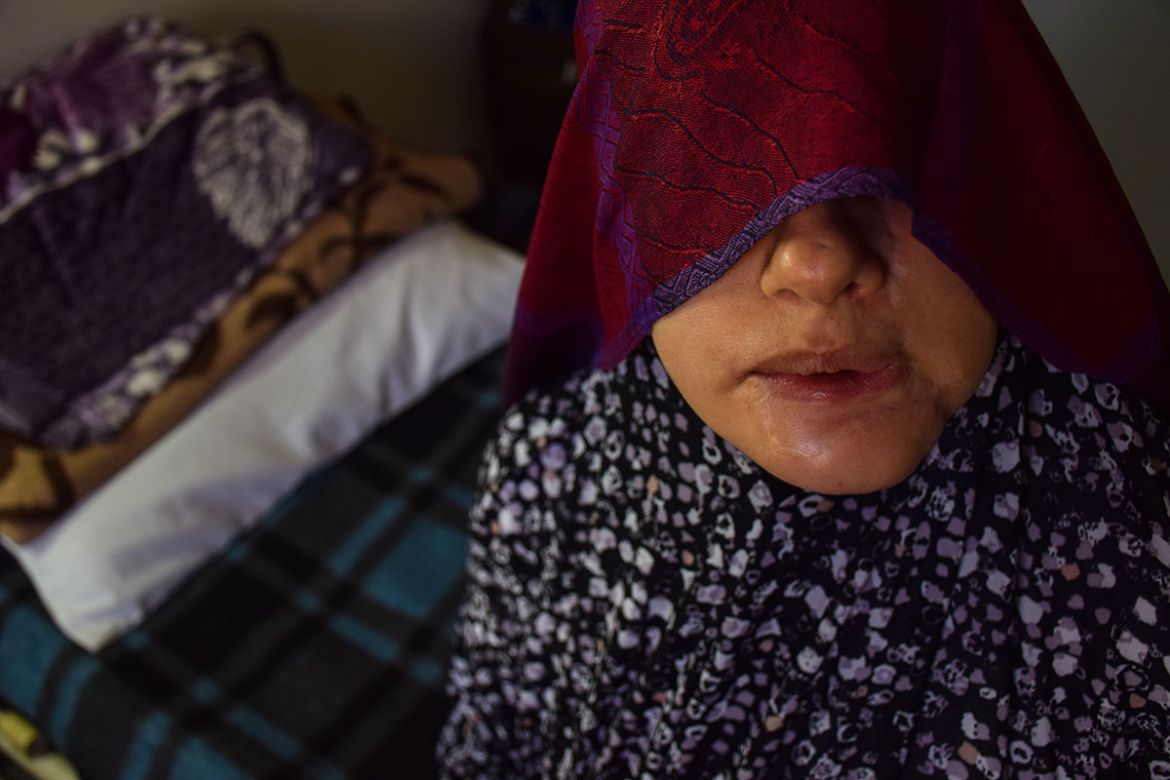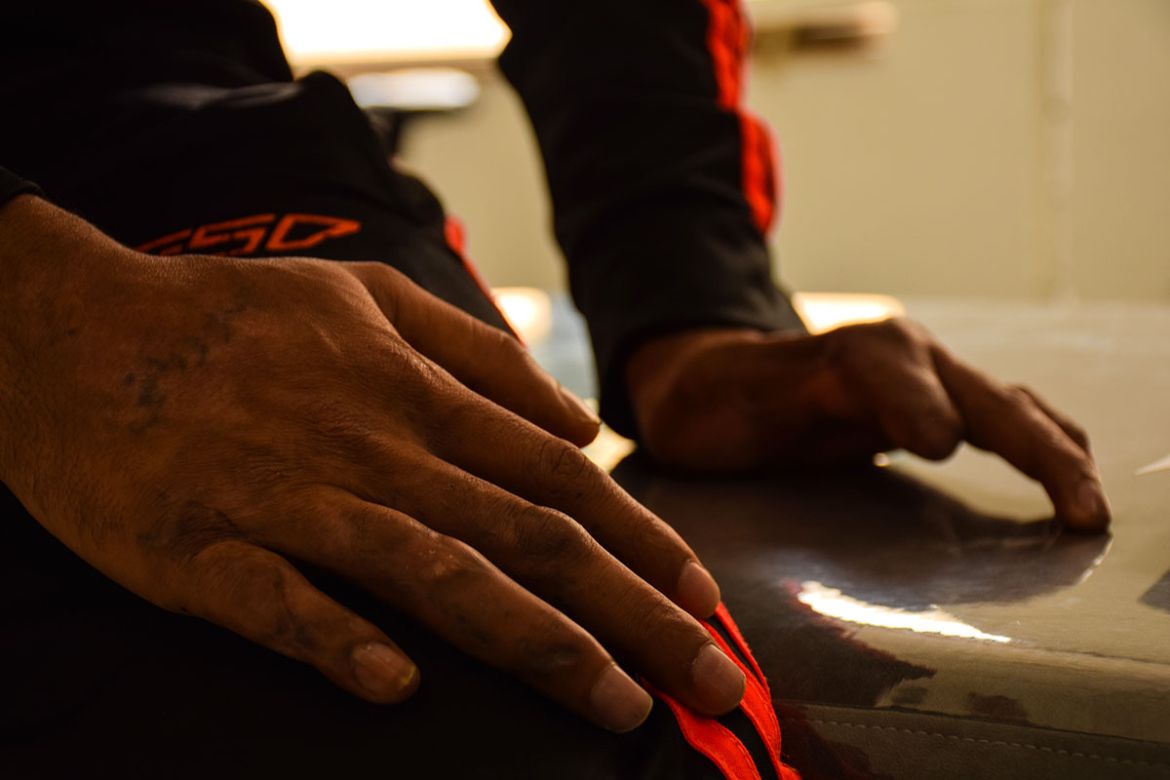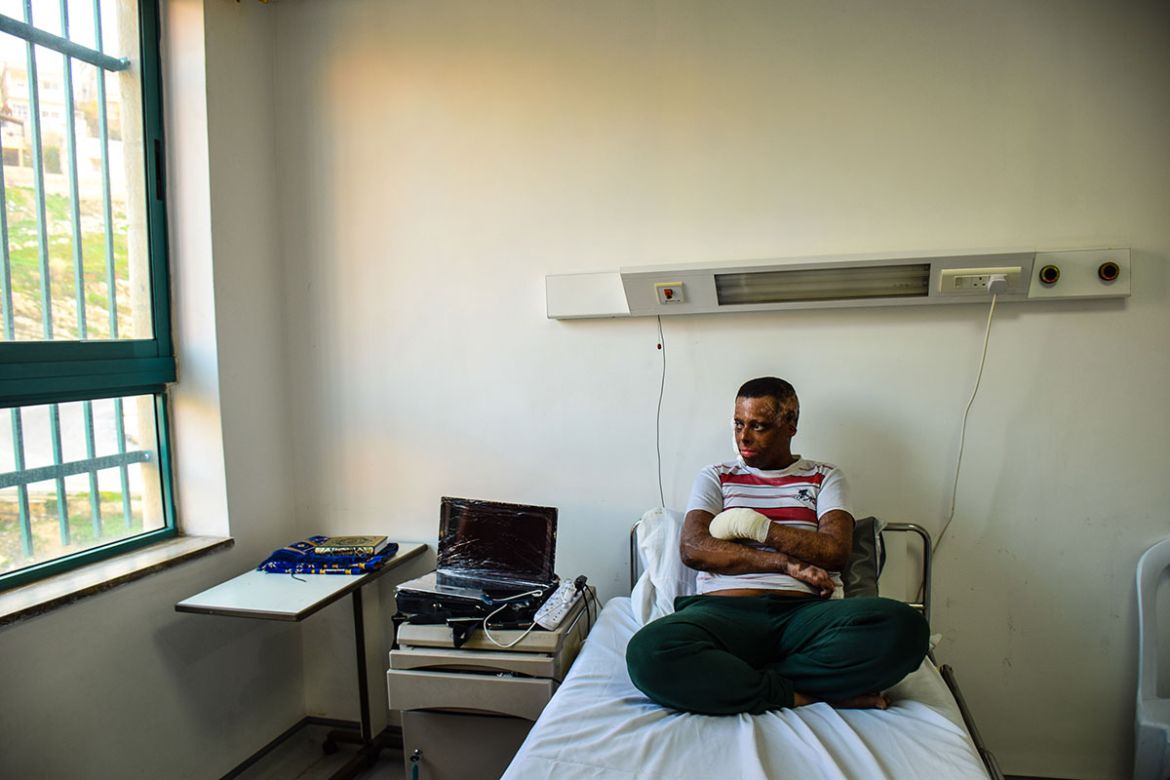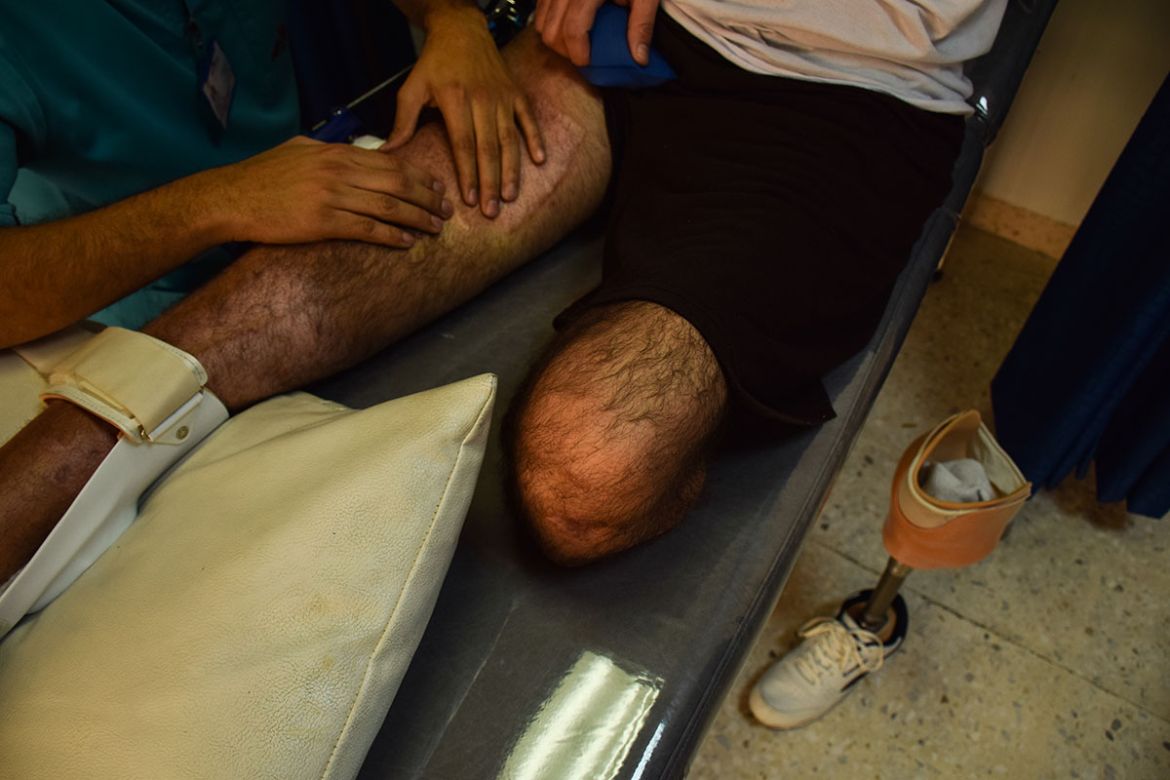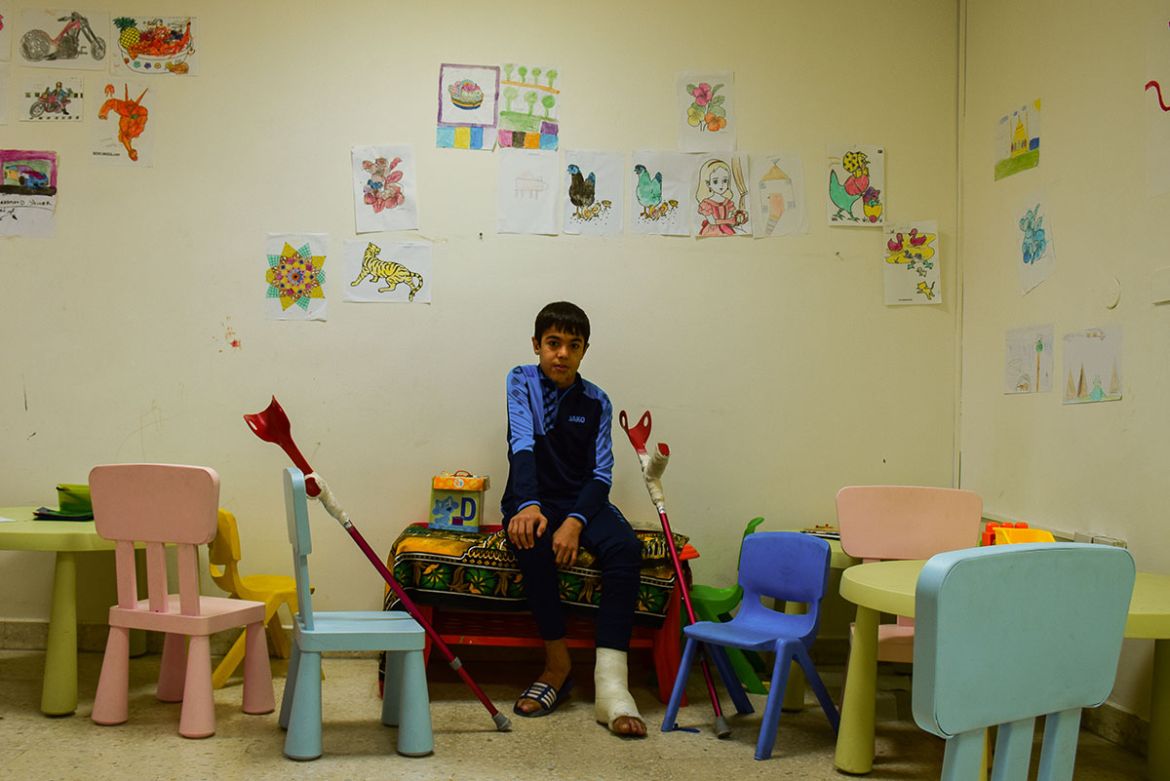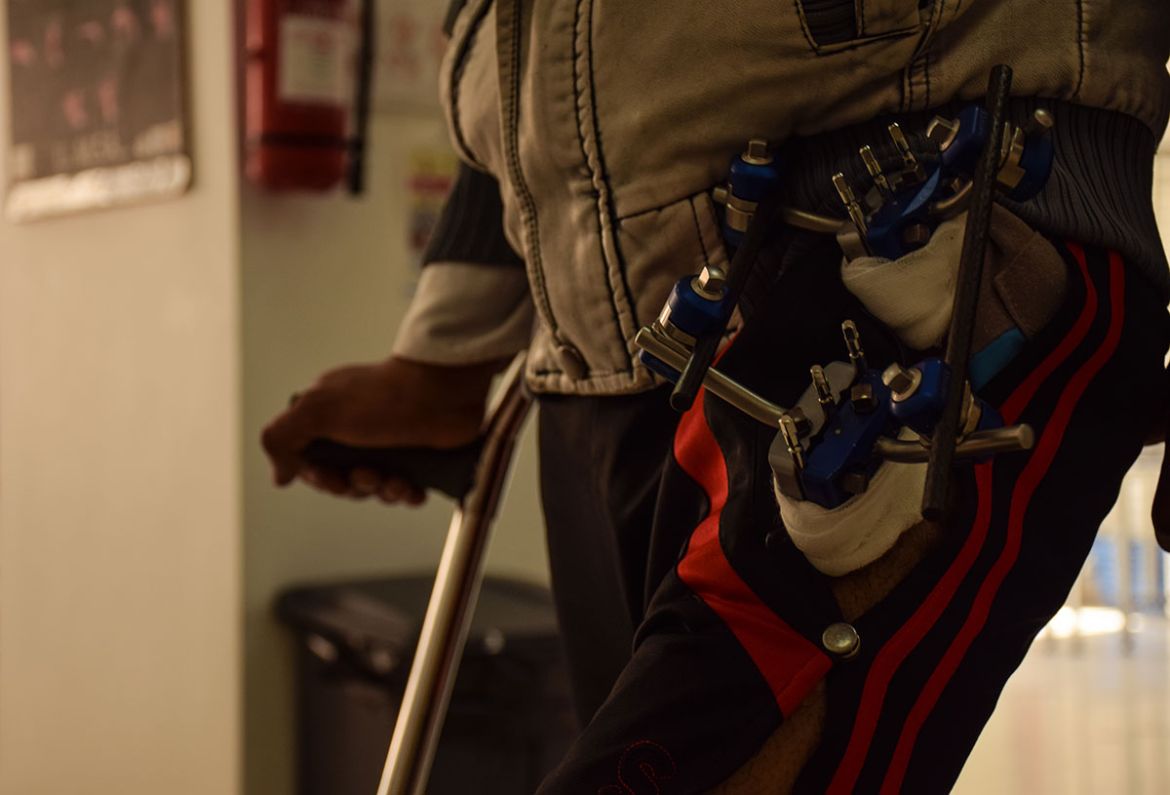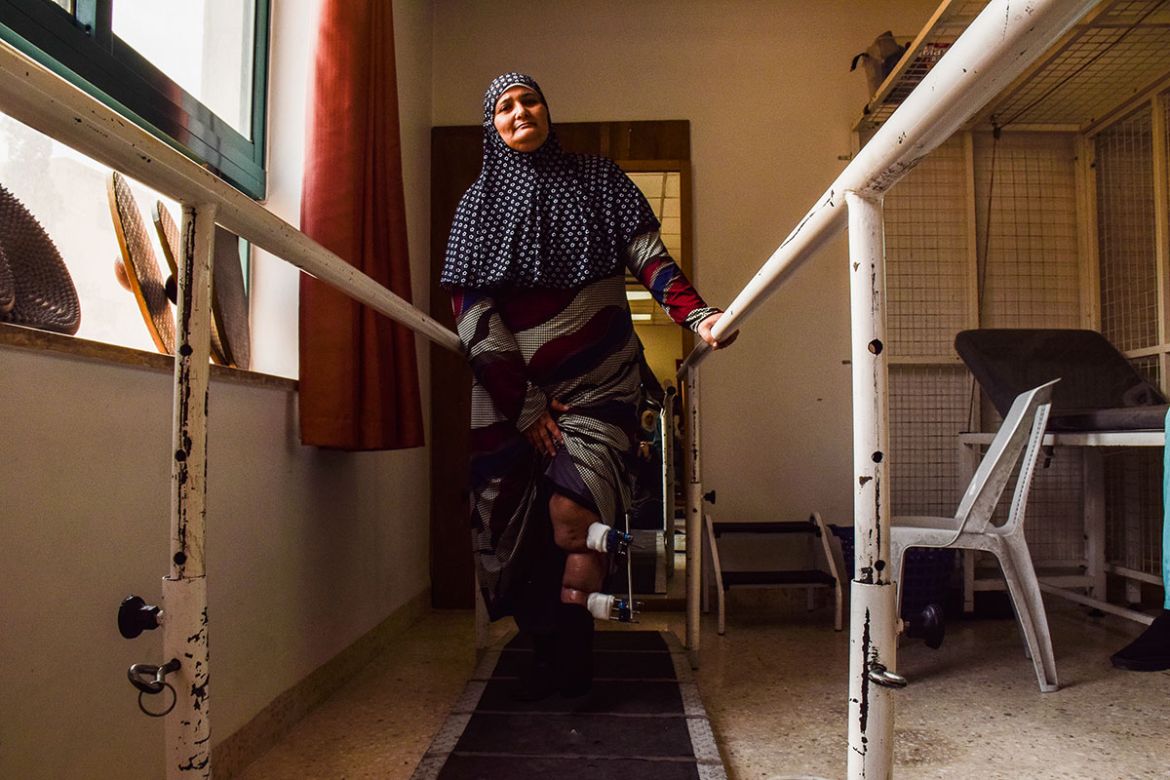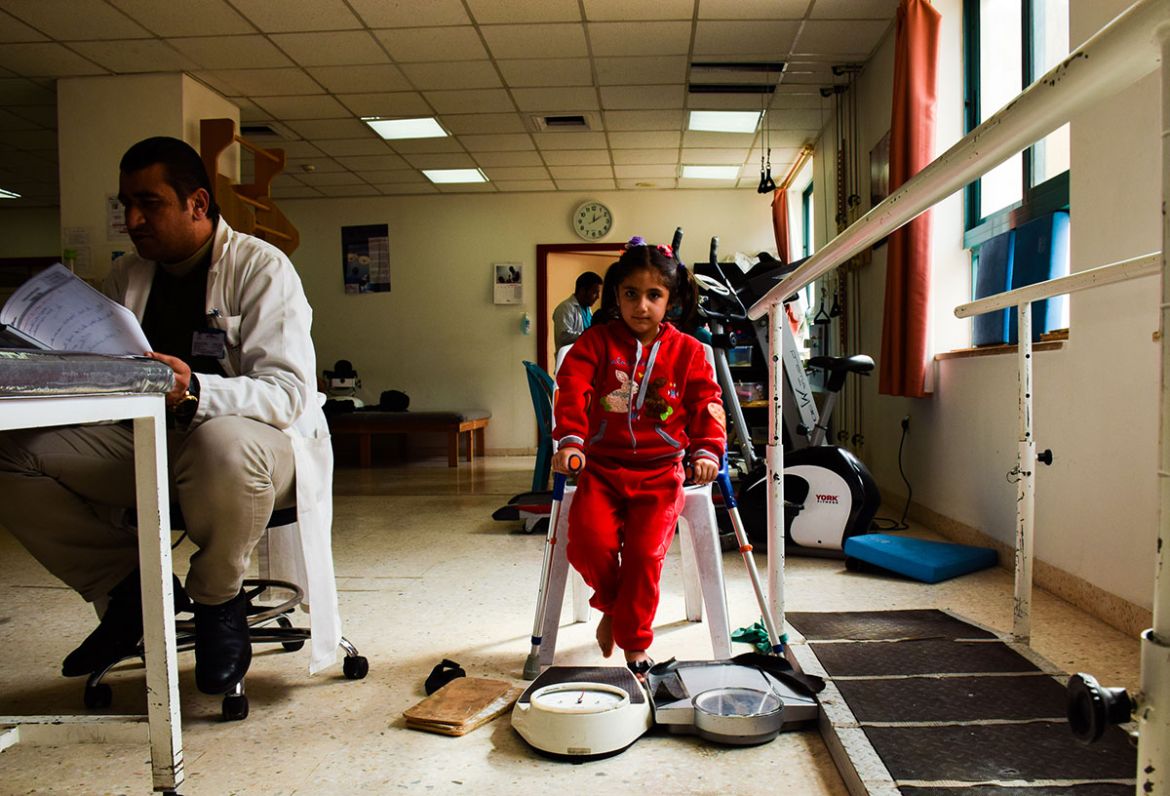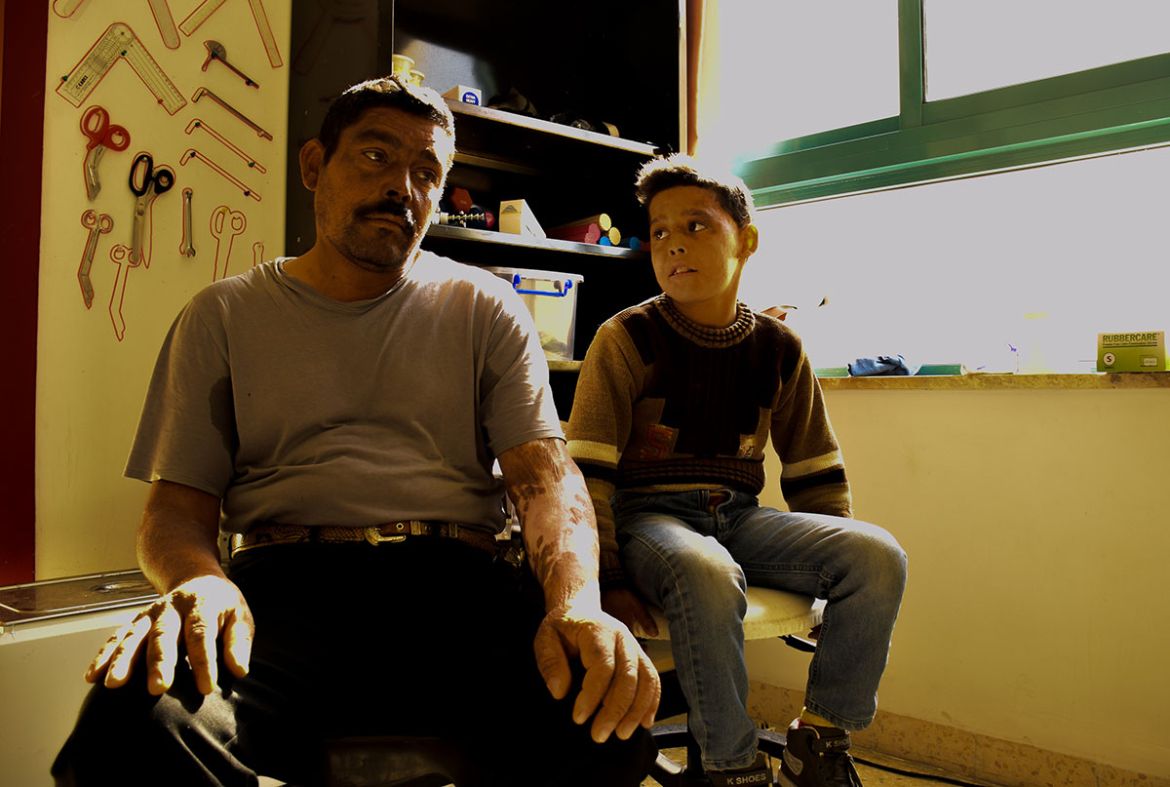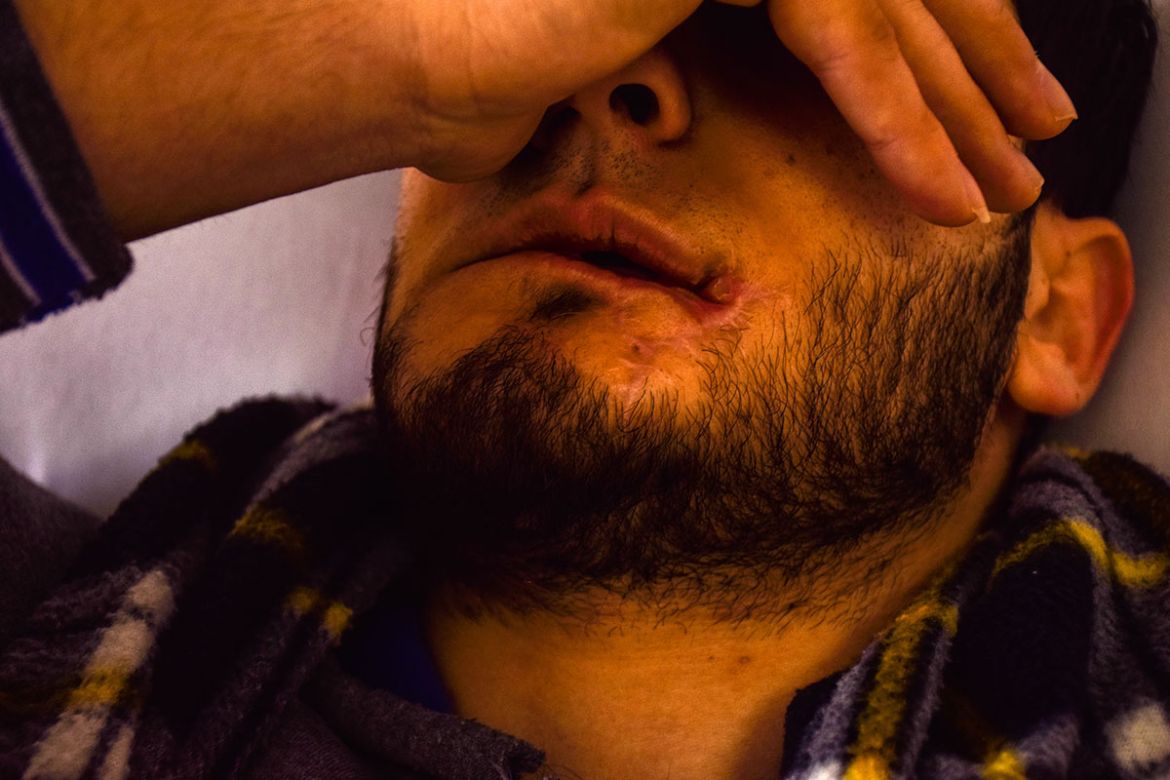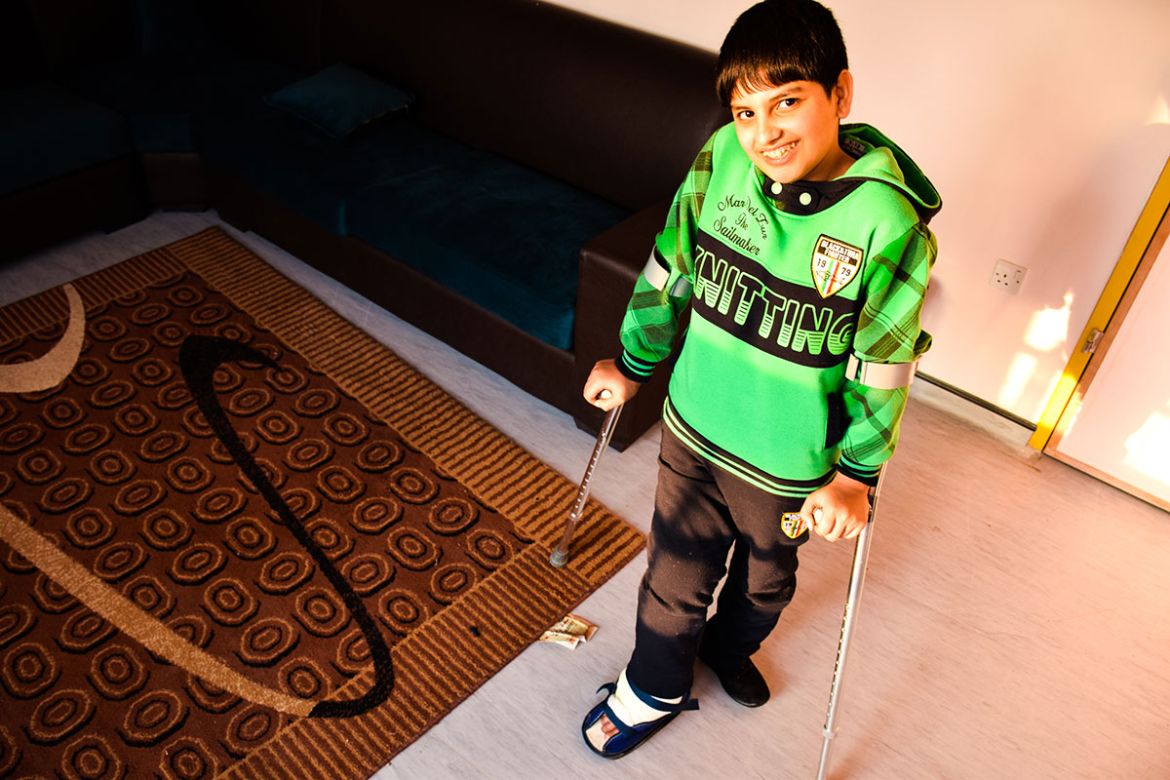In Pictures
Victims of Middle East wars recover in Jordan
The Mowasah Reconstructive Hospital provides free facial plastic surgery and other health services.

Amman, Jordan – The Mowasah Reconstructive Hospital in the Jordanian capital of Amman is the only facility in the region that provides free facial plastic surgery, along with other types of intervention.
Doctors Without Borders inaugurated the hospital last year, but it has been operating for the past decade in a wing of the Jordanian Red Crescent. The five-storey building hosts more than 140 patients, nearly two-thirds of whom are Syrian.
“In other hospitals they save lives; here, we rebuild them,” said Yahya Kalilah, the hospital’s nurse director.
Since 2006, thousands of surgeries have been conducted at the hospital, but the recovery process does not end there: Victims of facial disfigurement often fall into depression or anxiety, experts say.
“Often they think surgery will take them back in time to how they were before,” said Gwenola Ghanes, a psychosocial manager with Doctors Without Borders. “We need to help them come to terms with the fact that this is impossible.”
